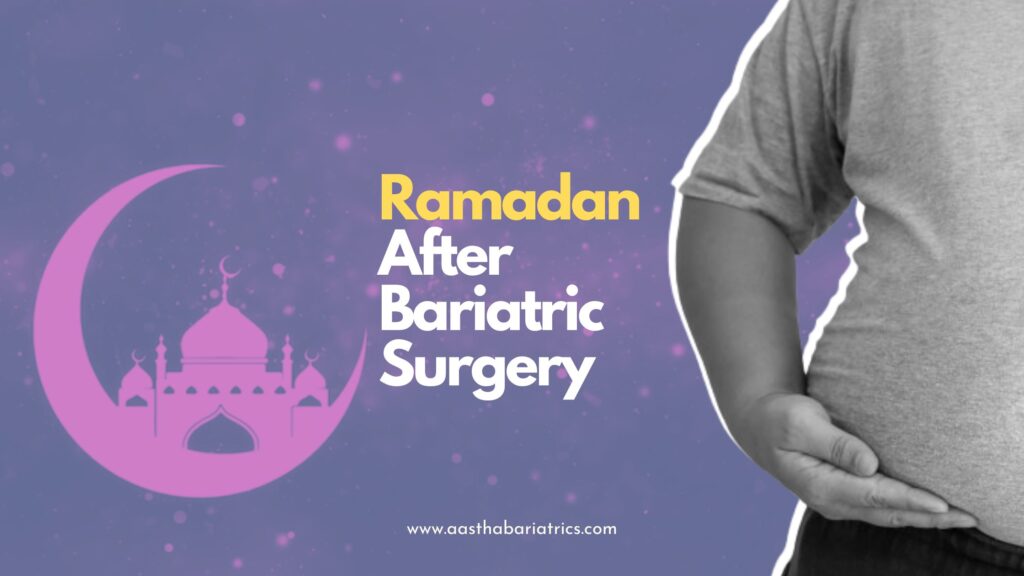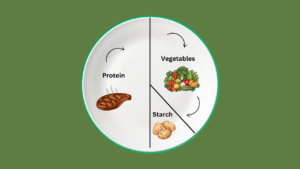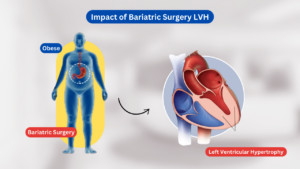
Akansha Mishra
Bariatric Dietician & Content Writer
A Guide to Dietary Management for Ramadan After Bariatric Surgery

The holy month of Ramadan is a sacred and spiritually significant time for millions around the world. For individuals who have undergone bariatric surgery, the observance of Ramadan brings unique considerations in terms of diet and nutrition. Balancing the religious obligations of fasting with the specific dietary needs after bariatric surgery requires thoughtful planning. In this context we will see the effective strategies for managing your diet during Ramadan post-bariatric surgery, ensuring both spiritual fulfilment and optimal health.
Understanding Bariatric Surgery and Its Impact
Before delving into Ramadan-specific considerations, it’s crucial to recognize the impact of bariatric surgery on dietary habits. Procedures such as gastric bypass, sleeve gastrectomy, or adjustable gastric banding alter the stomach’s size and, in some cases, the digestive tract. These changes impact the body’s ability to process food, leading to reduced food intake, altered nutrient absorption, and, in some cases, changes in eating patterns.
Key Considerations During Ramadan After Bariatric Surgery
Consultation with Healthcare Professionals: The Foundation of Guidance
Before adapting your diet for Ramadan, consult with your bariatric surgeon and a registered dietitian specializing in bariatric nutrition. They can provide personalized advice based on your specific surgery, health status, and individual needs. This guidance ensures that your dietary choices align with both your religious obligations and post-bariatric surgery requirements.
Hydration: Prioritizing Water Intake
Staying hydrated is crucial, especially during long hours of fasting. While water is typically allowed during non-fasting hours, individuals who have undergone bariatric surgery should pay extra attention to hydration. Sip water consistently between Iftar (breaking the fast) and Suhoor (pre-dawn meal) to prevent dehydration.
Avoid sugary and caffeinated beverages, as they can contribute to dehydration and may not align with the dietary guidelines post-bariatric surgery.
Balanced Iftar: Quality Over Quantity
When breaking your fast, focus on nutrient-dense and protein-rich foods. Incorporate lean proteins, vegetables, and whole grains to provide essential nutrients while supporting your post-bariatric surgery dietary goals.
Consider including sources of protein such as grilled chicken, fish, legumes, and eggs. Opt for complex carbohydrates like brown rice or quinoa, and include a variety of colorful vegetables to enhance the nutritional profile of your meal.
Moderation and Mindful Eating: Embracing Conscious Consumption
After bariatric surgery, the emphasis on portion control becomes even more critical. During Iftar and Suhoor, practice mindful eating by savoring each bite, chewing thoroughly, and being aware of your body’s signals of fullness.
Focus on nutrient-dense foods that provide satiety without overloading your limited stomach capacity. Avoid the temptation to consume large quantities of high-calorie or processed foods.
Suhoor Planning: Nourishing for the Day Ahead
Suhoor is a pre-dawn meal that sustains individuals throughout the day of fasting. For those who have undergone bariatric surgery, planning a balanced and nutrient-rich Suhoor is essential.
Include protein-rich foods such as Greek yogurt, eggs, and cottage cheese. Incorporate whole grains like oats or whole-grain bread for sustained energy. Remember to include a variety of fruits and vegetables to ensure a diverse range of nutrients.
Avoiding High-Sugar Foods: A Cautionary Note
Ramadan traditions often include sweet treats and desserts. However, individuals who have undergone bariatric surgery should be mindful about consuming high-sugar foods, Opt for naturally sweet fruits in moderation and choose desserts made with sugar substitutes if needed. Be mindful of your body’s response to sugary foods and prioritize alternatives that align with your post-surgery dietary guidelines.
Supplementation: Meeting Nutritional Needs
During Ramadan, when dietary restrictions may come into play, it’s crucial to ensure you’re meeting your nutritional needs. Work with your healthcare team to determine if any supplements are necessary to address potential deficiencies.
Personalizing Your Ramadan Journey After Bariatric Surgery
Listen to Your Body: Individualized Approaches
Every individual’s response to bariatric surgery and fasting during Ramadan can vary. Pay attention to how your body reacts to different foods, eating times, and hydration levels. If you experience discomfort or concerns, consult with your healthcare team for personalized advice.
Adjusting Fasting Hours: Tailoring to Your Needs
In some cases, individuals may need to adapt fasting hours based on their health status and the recommendations of their healthcare professionals. Discussing potential adjustments with your religious and medical advisors can help strike a balance between spiritual observance and health requirements.
Seeking Support: Building a Network
Engage with support groups, both religious and bariatric-focused, to share experiences, gain insights, and receive encouragement. Connecting with others who have undergone similar journeys can provide valuable perspectives and emotional support during this spiritually significant month.
Nurturing the Body and Spirit
Navigating Ramadan after bariatric surgery requires a delicate balance between honoring religious traditions and maintaining post-surgery dietary guidelines. By consulting with healthcare professionals, prioritizing hydration, embracing balanced meals, and being mindful of individual needs, individuals can observe Ramadan with both spiritual fulfillment and optimal health.
As you embark on this sacred month, may your journey be one of nourishment for both the body and spirit. With thoughtful planning and a commitment to well-being, individuals can navigate the intersection of faith and health, finding harmony in the observance of Ramadan after bariatric surgery.






